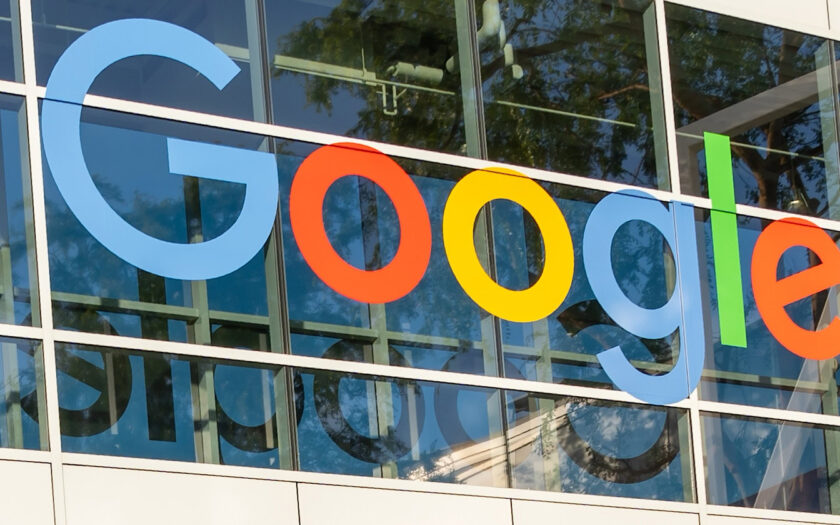1.Site Reputation Abuse
Introduced in May 2024, Google began targeting “parasite SEO” practices where third-party content exploits established domains’ authority.
This update mainly affected:
Major publishers hosting third-party product reviews
News sites with extensive coupon sections
Sports websites with AI-generated content
The policy change led to notable casualties, including several high-profile publishers receiving manual actions for hosting third-party content without sufficient oversight.
2. Expired Domain Abuse
Google’s enhanced focus on expired domain manipulation addressed:
Purchase of expired domains for backlink exploitation
Repurposing authoritative domains for unrelated content
Domain squatting for search ranking manipulation
3. Scaled Content Abuse
Previously known as “spammy auto-generated content,” this rebranded policy expanded to include:
AI-generated content at scale
Mass-produced content across multiple sites
Content translation manipulation
Automated content transformation techniques
See more: An In-Depth Look At Google Spam Policies Updates And What Changed
Spam-Specific Updates
June 2024 Spam Update
Week-long implementation period
Focused on policy-violating websites
Enhanced detection of automated content
November 2024 SRA Enforcement
Implementation of site reputation abuse penalties
Affected major publishers’ sponsored content strategies
Required significant content policy adjustments across news sites
Looking Ahead
With the December core update having completed its rollout and the new spam update now underway, prepare for another round of potential ranking fluctuations through the end of the year.
The spam update is expected to be completed next week, with progress tracked through Google’s Search Status Dashboard.
Featured Image: JHVEPhoto/Shutterstock
